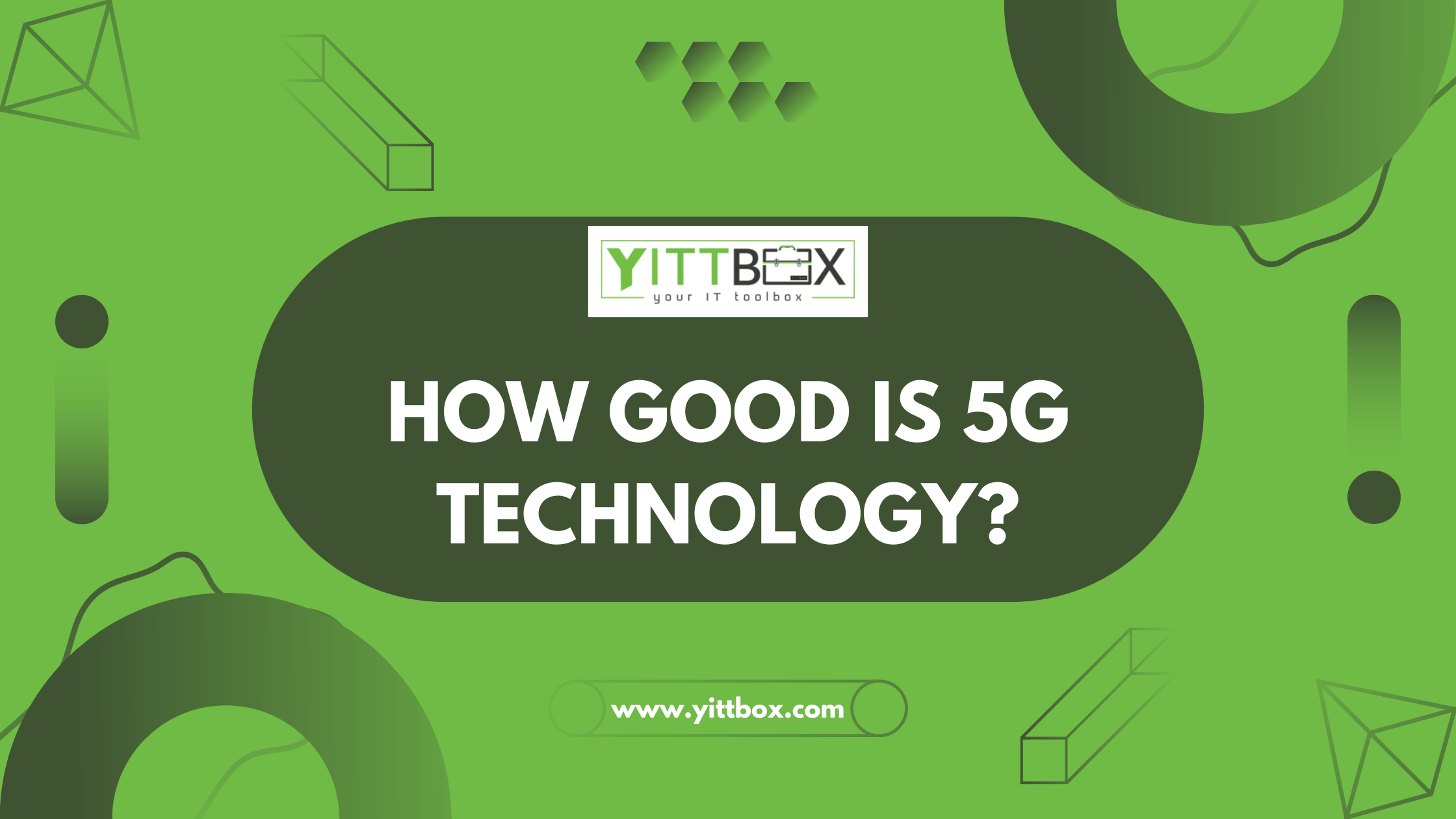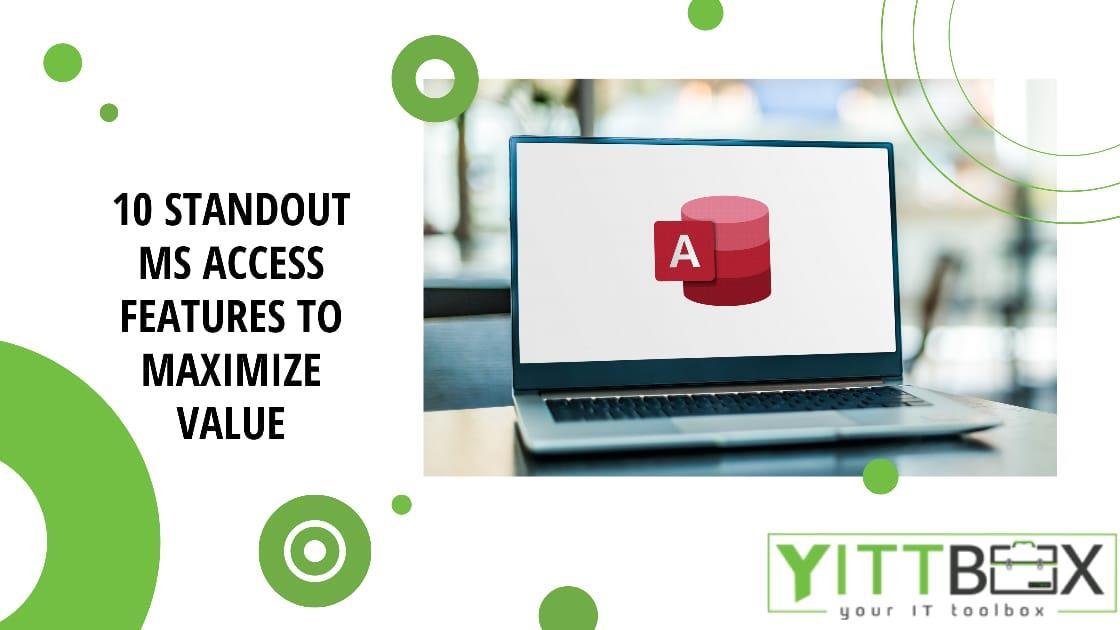Advancements in technology are very well integrated into people’s lives nowadays. However, only a very small chunk of the population knows what many tech acronyms stand for. Case in point, 5G. Everybody knows it’s the latest technology in telecommunications and it is what allows fast download speeds. But what is 5G? Why is it called that way? And what are its biggest benefits?
The advent of 5G technology has been a game-changer in the world of telecommunications. Promising lightning-fast speeds, low latency, and massive device connectivity, 5G has captured the attention of consumers and industries alike.
Understanding 5G Technology
5G is the latest wireless technology, the fifth generation after 4G LTE. It's faster, has less delay, and can handle more data. It uses high-frequency bands like millimeter waves to send lots of data at the same time, which means faster and more reliable connections.
Benefits of 5G Technology
Unprecedented Speed and Bandwidth
One of the most significant advantages of 5G is its remarkable speed. Research conducted by the International Telecommunication Union (ITU) reveals that 5G networks can achieve peak data rates of up to 20 gigabits per second (Gbps). To put this into perspective, downloading a high-definition movie could take mere seconds on a 5G network, compared to several minutes on 4G.
Low Latency for Real-Time Applications
Latency, the time it takes for data to travel from one point to another, is greatly reduced in 5G networks. With latency as low as 1 millisecond (ms), compared to 10 ms in 4G, real-time applications such as autonomous vehicles, remote surgery, and augmented reality experiences become feasible. This low latency ensures near-instantaneous response times, enhancing user experiences and enabling new possibilities in various industries.
The Implications for Industries
The good things
The implementation of 5G technology holds immense potential across industries, driving innovation and enabling transformative applications.
For healthcare, 5G's high-speed, low-latency capabilities can revolutionize healthcare delivery. Remote patient monitoring, telemedicine, and real-time data transmission for diagnosis and treatment become more accessible, ensuring improved patient outcomes.
In the field of transportation, with its ultra-low latency, 5G enables vehicle-to-vehicle (V2V) and vehicle-to-infrastructure (V2I) communication, paving the way for autonomous driving. This technology can enhance road safety, reduce traffic congestion, and revolutionize transportation as we know it.
And in manufacturing, the implementation of 5G in manufacturing processes allows for more efficient automation, precision control, and predictive maintenance. It facilitates the deployment of smart factories, leading to increased productivity, reduced downtime, and optimized resource allocation.
The challenging things
First, 5G requires a lot of small stations called base stations and small cells because it can't travel as far as older technologies. This means we need to upgrade our infrastructure by installing new towers and connecting them with fiber optic cables.
Second, it's important to have enough radio frequencies, called spectrum, for 5G to work properly. Governments and regulatory bodies need to make sure there's enough spectrum available so that we can all have fast internet.
Lastly, 5G is not free from privacy and security concerns. With more devices connecting to 5G, there's a higher risk of cyber threats and privacy breaches. Developing strong security measures to protect people’s data and keep the network safe is a must.







